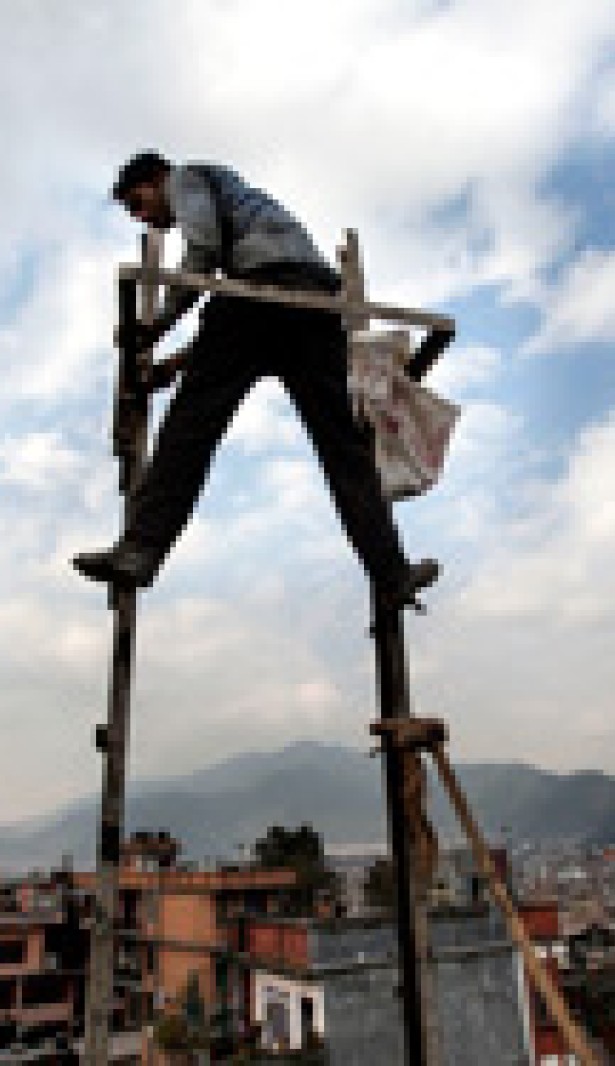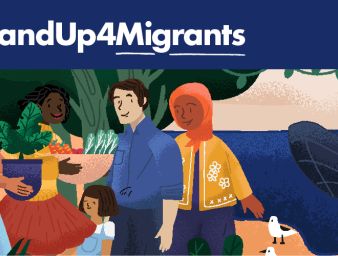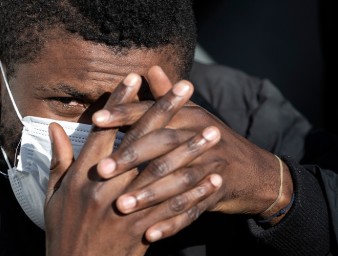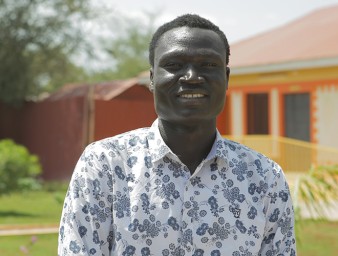Migrant workers: living in the shadows
24 April 2014
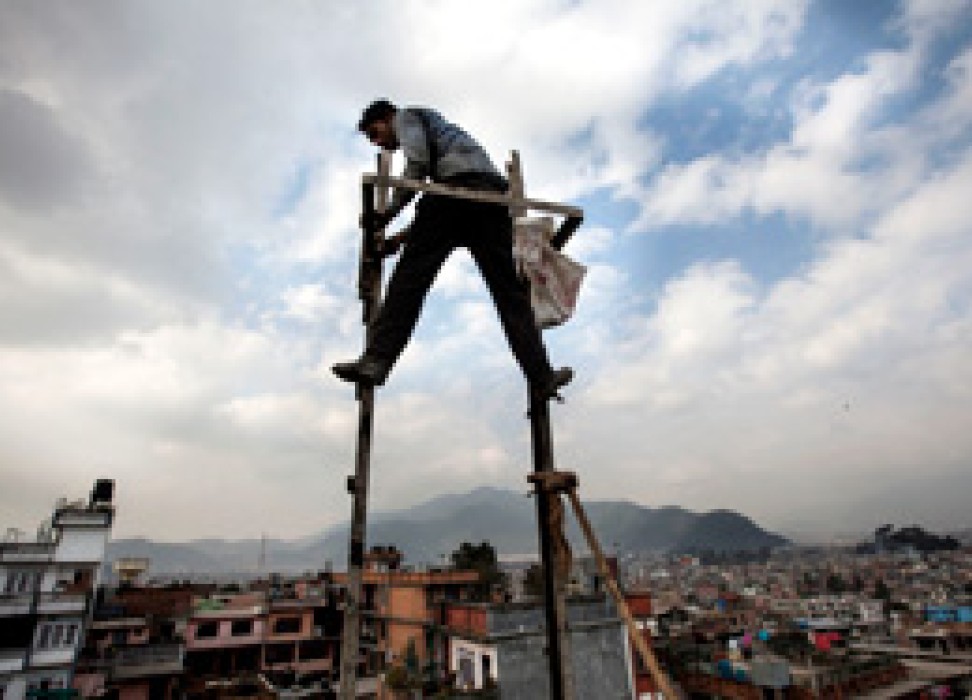
It is estimated that some 21 million people are trapped in forced labor, while almost 19 million victims are exploited by individuals or companies, according to the International Labour Organization (ILO). Migrants, especially those in an irregular situation, are at the most at risk to forced labor.
“Many migrants, particularly those in an irregular situation, often live and work in the shadows, afraid to complain, denied rights and freedoms that we take for granted and disproportionately vulnerable to discrimination and marginalization,” said UN Human Rights Deputy Chief Flavia Pansieri, during the half-day general discussion on workplace exploitation and protection.
To commemorate the 10th anniversary of the entry into force of the International Convention on the Protection of the Rights of All Migrant Workers and Members of Their Families, the Committee on the Protection of the Rights of All Migrant Workers and Members of their Families held a general discussion bringing together international experts, government officials, UN agencies, civil society and trade union representatives at the United Nations in Geneva, Switzerland.
There are more than 232 million migrants worldwide and 30 million are estimated to be irregular migrants. The International Convention on the Protection of the Rights of All Migrant Workers and Members of Their Families provides a legal framework for the protection of the fundamental human rights of all migrant workers under the international human rights system, regardless of their nationality or immigration status.
“Migrants are not commodities nor are they just economic or political actors. They are producers and drivers of societal change. Throughout the world migrants are best placed to contribute to society when their rights are respected,” said Francisco Carrion Mena, Chairperson of the Committee.
The event brought together human rights experts to focus on workplace exploitation and protection for migrants.
“Irregular migrants are forced to remain at the margins of society, and often excluded from the formal economy, and most irregular migrants work in very low skilled and unregulated sectors of the labor market, in jobs that are often dirty, dangerous and difficult,” Pansieri said.
While there have been advances in protecting migrant workers from exploitation in the workplace, Michelle Leighton, Chief of Labour Migration at the International Labour Organization (ILO) and keynote speaker, said that it is important to foster a migrant-centered approach to development in order to see a shift in how people perceive labor migration.
Leighton also added that the ILO receives daily reports on the abuse of migrant workers ranging from young migrant women unable to escape from their abusive employees, migrants who are forced to take a job in dangerous conditions and unable to leave because their employer has confiscated their passports, to men and women working in debt bondage. The areas where migrants are particularly vulnerable include domestic work, agriculture, construction, manufacturing and entertainment.
“The truth is migrant workers in all sectors of low and middle-skill work remains among the most vulnerable workers to abuse in all sectors except the highly skilled,” Leighton said. “Discrimination and xenophobia are on the rise, and still so few migrants have access to remedies for labor law violations.”
Many people see migration as the only way to improve their financial situation, especially for low-skilled workers, according to François Crépeau, UN Special Rapporteur on the human rights of migrants. Crépeau added that there are various factors that put migrants at risk including a lack of a support system, unfamiliarity with labor laws and how things function, and the fact that many migrants lack written employee contracts that would offer protection.
“Access to justice is an illusion to migrants,” Crépeau said. “Migrants need access to empowerment tools in order for them to have a voice.”
Rosa Pavanelli, General Secretary of Public Services International, noted that the core issues of workplace protection cannot be tackled without the assistance of the Convention, UN treaty bodies, trade unions, and civil society. Pavanelli also stressed the need to address recruitment conditions as a way of improving these issues.
Michele Levoy, Director of Platform for International Cooperation on Undocumented Migrants, also noted that there is a lack of access to social rights and empowerment, which creates poverty and social exclusion. “We are tolerating a new apartheid,” she said.
The panel was moderated by Ibrahim Salama, the Director of the Human Rights Office’s Human Rights Treaties Division. The event also included Jolovan Wham, Executive Director of the Humanitarian Organization for Migration Economics in Singapore; Patrick Taran, President of the Global Migration Policy Associates, and Francesca Pizzutelli, Migrants’ Rights Advisor, Amnesty International.
24 April 2014
